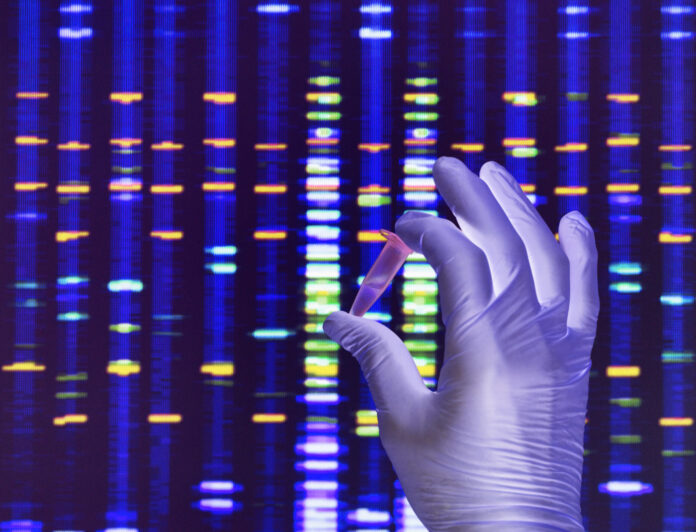
Cambridge-based Sano Genetics has raised $11.4M in a new funding round to drive its clinical trials software platform in precision medicine.
The latest funding was led by early-stage investors Plural with the participation of venture capitalists MMC Ventures, which led its Series A round, as well as existing contributors Episode 1 and Seedcamp. It brings the total raised to $22M.
Sano’s 360° platform uses AI to streamline the trial process, combining genetic testing, recruitment, long-term patient engagement and analytics.
This allows pharma and biotech companies to find, screen and speed patient enrollment into studies of precision medicines.
The platform has supported around 20 studies, including rare diseases affecting newborns and neurodegenerative diseases such as Amyotrophic Lateral Sclerosis (ALS) and Parkinson’s.
The company, which was set up by three scientists who met while studying for their PhDs at the University of Cambridge, has expanded rapidly.
It has experienced a five-fold growth in annual recurring revenue year-on-year and in 2023 doubled its headcount to 62.
“Precision medicine is transforming how we think about and approach healthcare, and clinical trials are the bedrock of precision drug development,” said Patrick Short, co-founder and CEO of Sano Genetics.
“In the past 12 months, we’ve scaled up our capacity to hold three times more trials than the year before and launched our first program supporting families affected by ALS.”
The company provides a digital match-making service for pharma and biotech companies with patients across the U.K., U.S., Australia and Canada and works with four of the top 20 pharma companies.
Clients load a new trial onto the Sano platform and include the criteria for patients they’re looking for, who are then recruited through social media and healthcare providers.
The platform then manages communication with participants, facilitates genetic and other biomarker testing and can even support patients with genetic counseling.
Precision medicine is revolutionizing drug development, with clinical trials that use genetic data having a 26 per cent success rate versus just 10 percent using standard methods.
But currently just one in five trials finds participants within a prespecified time frame and finding the right patients can be even more cumbersome in precision medicine, with the need to incorporate an understanding of genetics and tailoring drugs to suit this.
Average research and development costs for a new precision oncology drug is $3.53B, increasing to $4.62B for non-precision oncology medication.
“Precision medicine is going to transform how healthcare is delivered but it needs seamless software tools like Sano Genetics’ to accelerate its impact,” said Plural partner Carina Namih.
MMC Ventures principal Charlotte Barttelot added: “We continue to see the pull from biopharma for a market-leading infrastructure software to underpin their precision medicine trials which has been evidenced by the strong growth in 2023. We are excited to see this accelerate into 2024.”
In December, Sano launched Light The Way, a new program that offers support, education genetic testing and counseling families affected by ALS, a form of motor neurone disease.
The company will use its latest funding to run similar program, as well as meet the growing demand for its products, develop AI further, and expand its reach to more countries.













